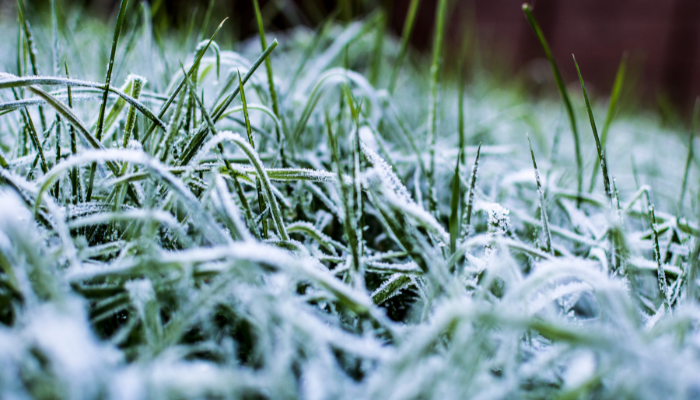03 January 2025
Stay safe during cold weather

With colder weather approaching, Health and Safety Specialist at Teagasc, Francis Bligh shares key tips on staying safe.
It is important to plan, prepare and stay safe. We must work to manage the challenges cold weather places on us individually, but it is also important to lookout for others in our community.
In the home
Keeping a good stock of materials for the house like food and fuel will help reduce the number of journeys you need to do. Be careful of the risk of fire if you have an open fire or a gas stove. Make sure your carbon monoxide and fire alarm are working.
Clothing
Before going outdoors take time to select and wear suitable warm clothing.
HSE advice is as follows:
- Dress in layers - a few light layers will keep you warmer than 1 heavy layer
- Wear thermal underwear
- Keep active outdoors
- Hot drinks can also help you keep warm
- Eat at least one hot meal a day to help you stay warm.
More tips and advice from the HSE are available here.
Routes around the farm and farmyard
During periods of frost or ice, try to maintain routes around farm buildings that are clear. A stock of gritting material and salt will help. A slip or fall can have devastating consequences.
Frozen pipes
It is always a good use of time to check insulation on water pipes before cold weather sets in. Water pipes to sheds should be underground and any exposed pipes should be insulated. Moving water manually is very difficult. The risk of injury increases during cold and slippery conditions.
Milking machine operation during icy weather
Icy weather creates many challenges for efficient milking operation. Time spent making sure the milking machine is drained down properly after each use is very important, but temperature management in the parlour and use of saline solutions can also be helpful.
To read some pointers on managing a milking machine during cold weather click here.
Farm animals
Consider providing extra silage and feeding to reduce the number of times you need to feed during periods of very cold weather. This is very important for out-wintered stock. It will help minimise machinery operation during cold weather and will help to reduce the risk of accidents.
Monitor animal water consumption carefully. Animals that have restricted access or no access to water for a period and then suddenly have access to water can develop water toxicity due to over drinking. This must be managed carefully. Always consult your veterinary surgeon if you are concerned.
Machinery
Tractors and machinery must be well maintained. Replace tractor batteries or starter motors that are not working properly. Jump or pull starting a tractor is a high risk activity and must be avoided. Beware of handbrakes that are not working properly. Health and Safety Authority data shows that a large percentage of deaths with tractors and farm vehicles have been as a result of a crush injury.
Road safety
Plan your trips carefully. Try to avoid unnecessary journeys. When you need to travel use main roads that are gritted if possible. Ice and snow may linger longer on shaded, narrow roads, so extra care is needed. Always fully de-ice your car, jeep or tractor before your journey. If windows are not fully de-iced and demisted you may miss potential hazards. Correctly inflated tyres with adequate thread depth will help provide maximum grip and reduce your wheels spinning or sliding. Drive at an appropriate, controlled speed.
It is also important to increase visibility on farm vehicles by using lights and beacons, especially during inclement weather or when light is low (early mornings and evenings).
First aid box
Take time to check your first aid box to ensure that it is fully stocked and that items are in date. It is important also to ensure you Eircode is written down in a visible place so that it can be accessed easily in an emergency.
Be Winter Ready campaign
The Irish government’s ‘Be Winter Ready’ campaign has lots of tips and advice including the following:
- Before going out on your land always tell someone where you are going, and how long you will be gone for.
- Wear suitable layers of clothing.
- Carry a charged mobile phone and a torch.
For more information on this campaign click here.
